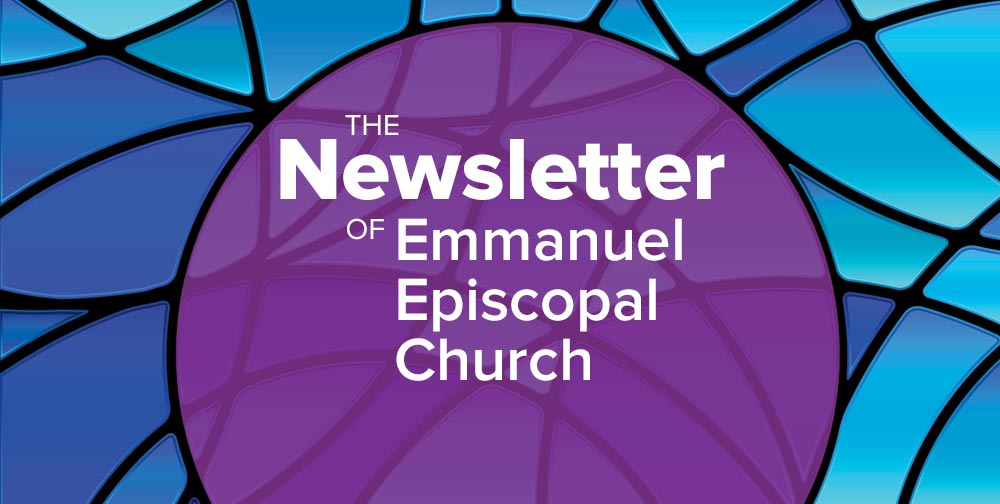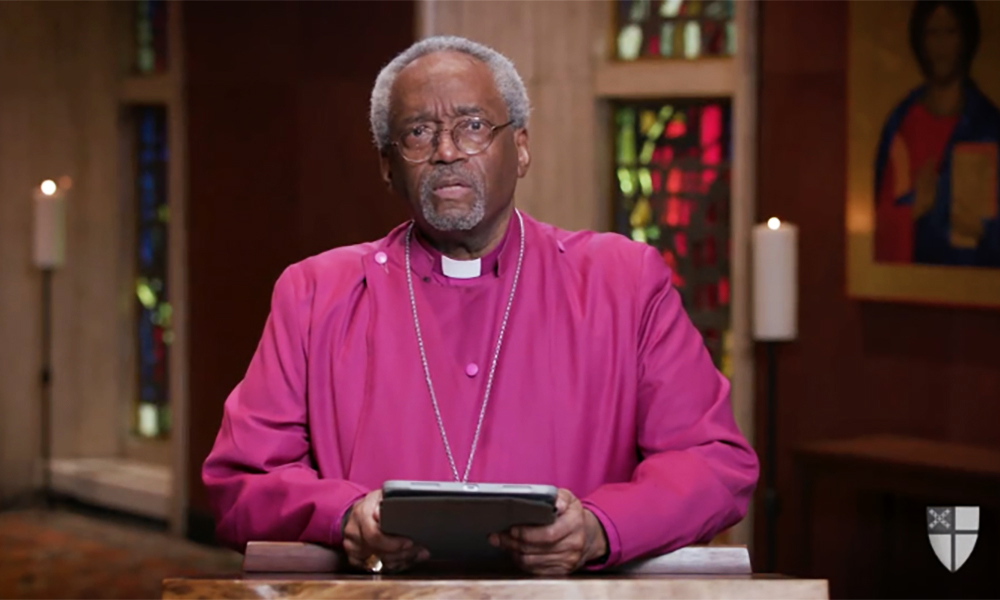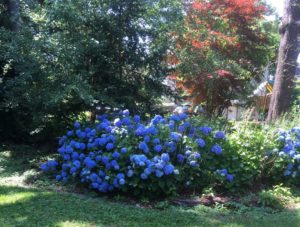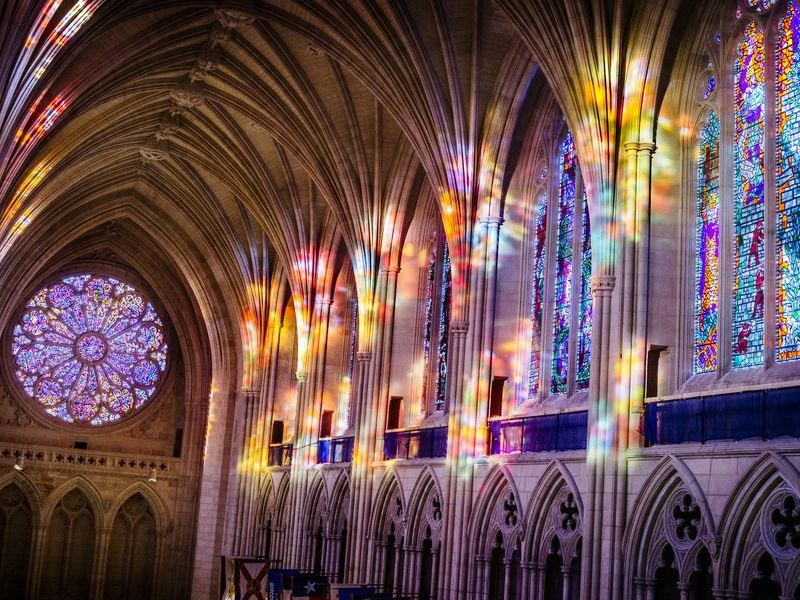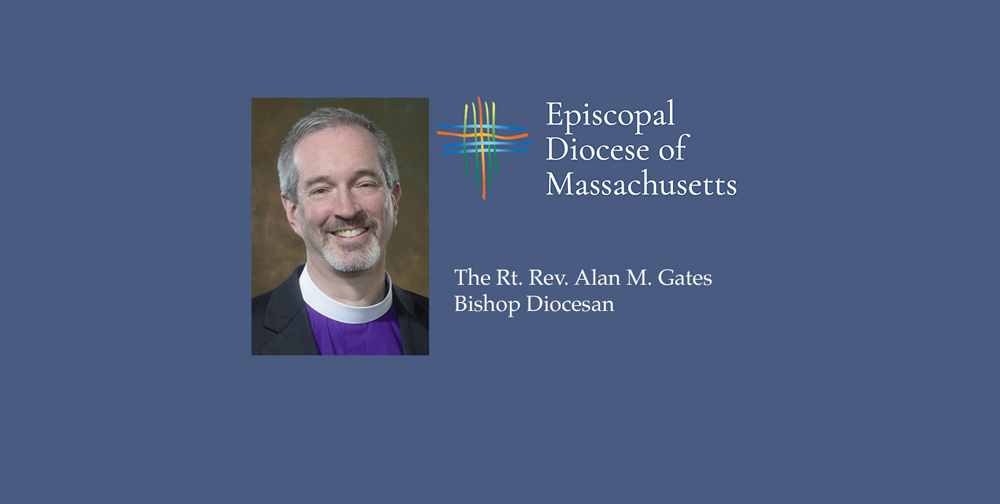| June 19, 2020
This week’s reflection coincides with the Juneteenth holiday. The observance and history of this day have not long been familiar to me. I suspect that may be true for others.
Juneteenth (a portmanteau blending “June” and “nineteenth”) commemorates the day when, on June 19, 1865, federal troops arrived in Galveston, Texas, to bring to the farthest corner of the Confederacy word of the formal end of the war in April. General Gordon Granger established Union authority in the state and issued an edict that “in accordance with a proclamation from the Executive of the United States, all slaves are free. This involves an absolute equality of personal rights and rights of property between former masters and slaves.”
This, of course, was not news. The Emancipation Proclamation had been issued two-and-a-half years earlier. The Confederacy had surrendered two months before. But General Granger’s presence and his edict established that those earlier events could no longer be disregarded. Ignorance (real or feigned), oblivion, obstructionism, wishful thinking–none of these was to be justification for ignoring the reality of emancipation. As Henry Louis Gates, Jr., has written:
Defying confusion and delay, terror and violence, the newly “freed” black men and women … now had a date to rally around. In one of the most inspiring grassroots efforts of the post-Civil War period, they transformed June 19 from a day of unheeded military orders into their own annual rite, “Juneteenth,” beginning one year later in 1866. (i)
In ensuing decades other commemorations arose to mark various milestones associated with emancipation, but Juneteenth endured as a singular celebration. Texas adopted it as a state holiday in 1979, and most other states have done likewise. In Massachusetts, a 2007 bill was passed commending observance in the Commonwealth on the closest Sunday.
Earlier this week Minneapolis Police Chief Medaria Arradondo spoke by Zoom with bishops of The Episcopal Church. Commenting upon the flood of protest following the killing of George Floyd, and the tidal wave of demand for reform linked to racial justice, Chief Arradondo–himself a person of color–said to us: “It’s 2020 and this suddenly seems like a new conversation, which is odd to me.”
The history of violence perpetrated against people of color is not news. Physical violence and countless other forms of diminishment and dehumanization are not new news and not an abstraction. If this seems like a new conversation to some of us, then it can only be because–like the 19th-century citizens of Galveston before us–we have been mired in ignorance (real or feigned), oblivion, obstructionism, or wishful thinking.
In response to a recent statement which Bishop Harris and I issued about the sin of racism, the following comment was posted: “I don’t have the sin of racism. Maybe you do.” Well, yes. Yes I do. Sin is not to be equated with some roster of bad behavior. Sin is the deep brokenness of the human condition, the gulf between ourselves and God, between ourselves and one another. Hamartia is the word: “missing the mark.”
In confessing sin our prayers invite us to acknowledge sin of both commission and omission–“what we have done, and … left undone” (ii)–as well as sin which is both individual and communal–“the evil we have done, and the evil done on our behalf.” (iii) I cannot separate myself from the racism instilled deep within me, the racism by which our land is riven. So yes: I “have” the sin of racism.
This is a moment of intense national reckoning with our history of racism and racial injustice. It is a moment for introspection, repentance and re-dedication–both personal and communal. In such a moment, for any one of us to honor Juneteenth for the first time is of course a small gesture. However, I hope it will be understood as a manifestation of grieving for black and brown lives lost to racist violence; support of those laboring for enduring systemic change; and a signal of our intention more deeply to engage ourselves and our diocese in that hard work.
The history of that holiday, after all, points to what so many of us must renounce individually and together: ignorance (real or feigned), oblivion, obstructionism, or wishful thinking. Quoting again from Henry Louis Gates, Jr.:
Of all Emancipation Day observances, Juneteenth falls closest to the summer solstice, … when the sun, at its zenith, defies the darkness …. By choosing to celebrate the last place in the South that freedom touched, … we remember the shining promise of emancipation, along with the bloody path America took by delaying it and deferring fulfillment of those simple words in General Granger’s original order: that “This involves absolute equality … between former masters and slaves.” (iv)
A blessed and hopeful Juneteenth to you, to our nation, to us all.
Yours in Christ,
+Alan
The Rt. Rev. Alan M. Gates |

